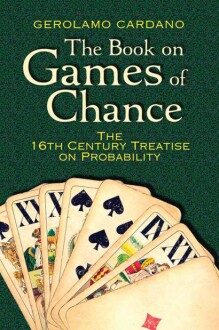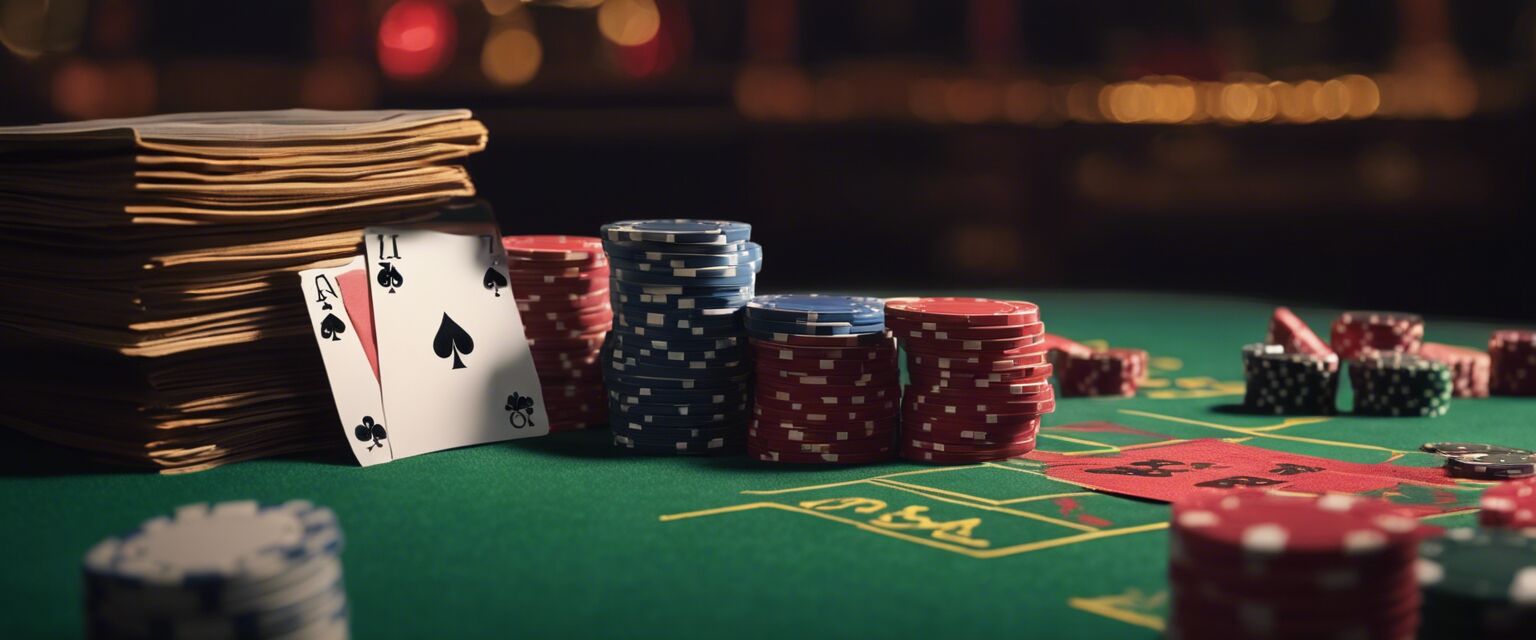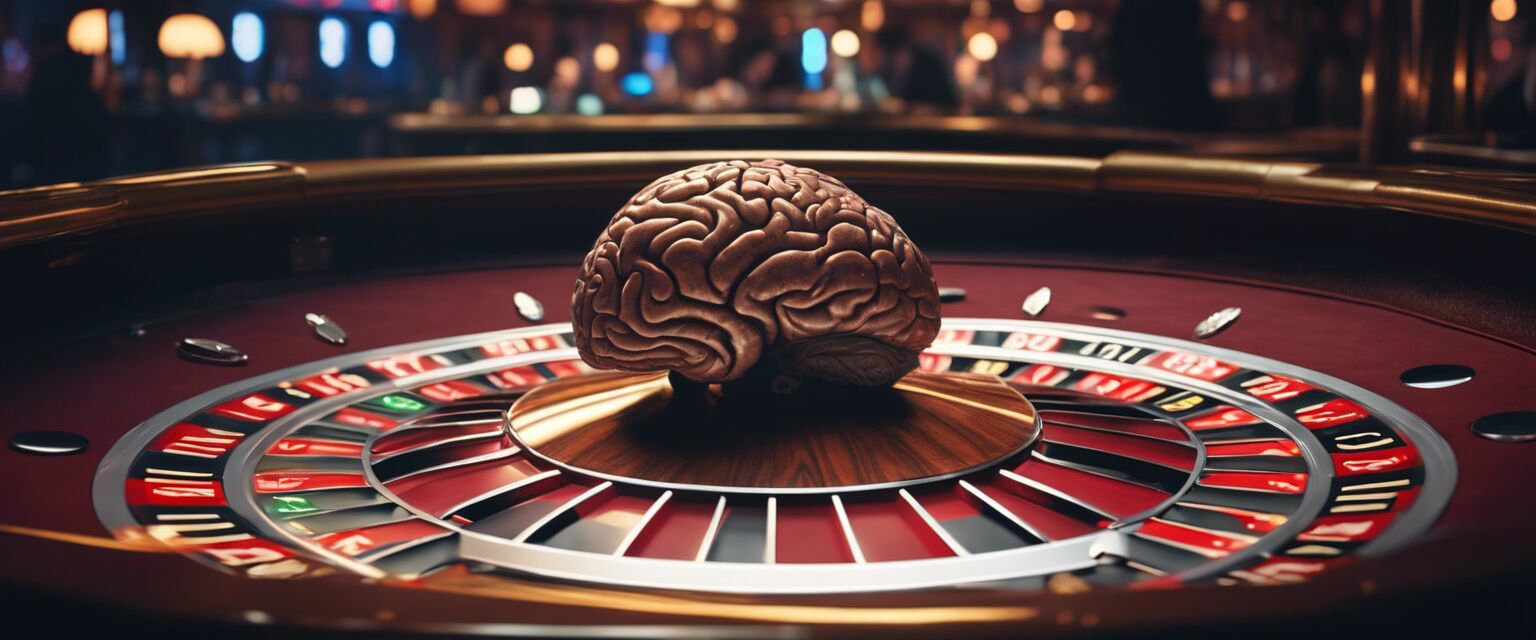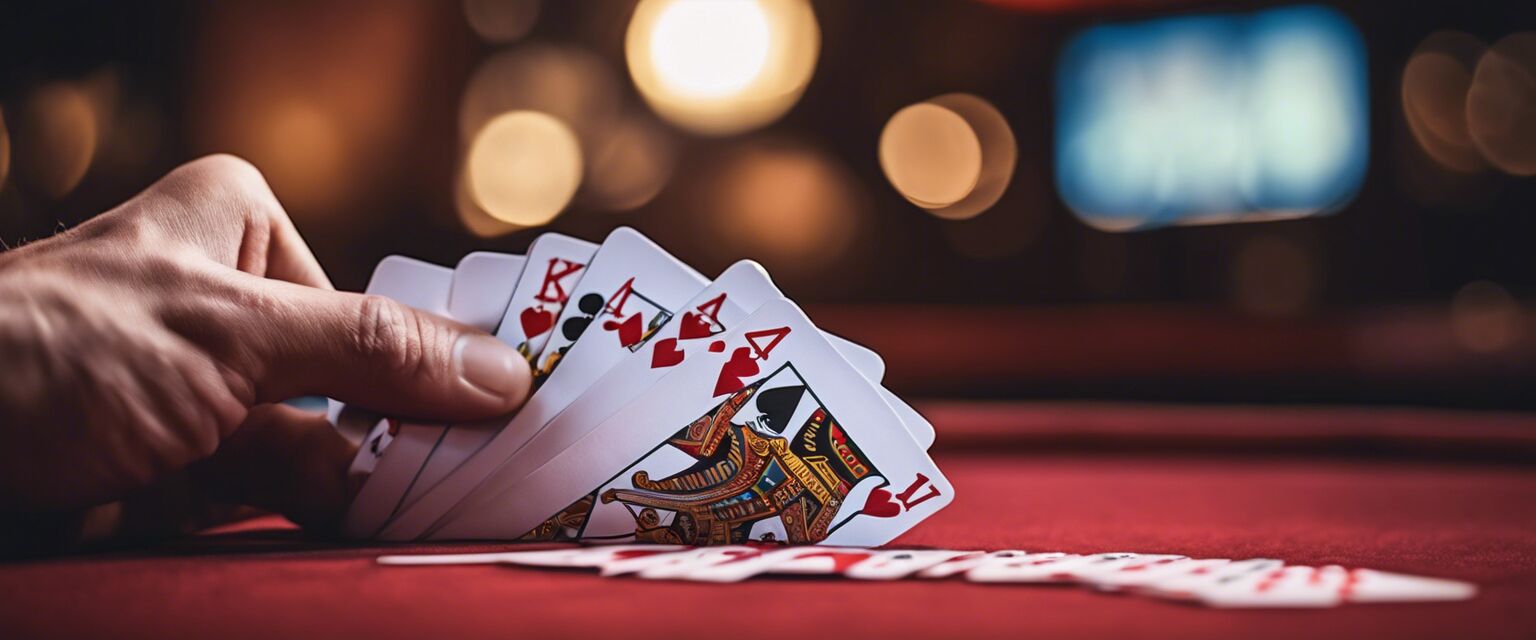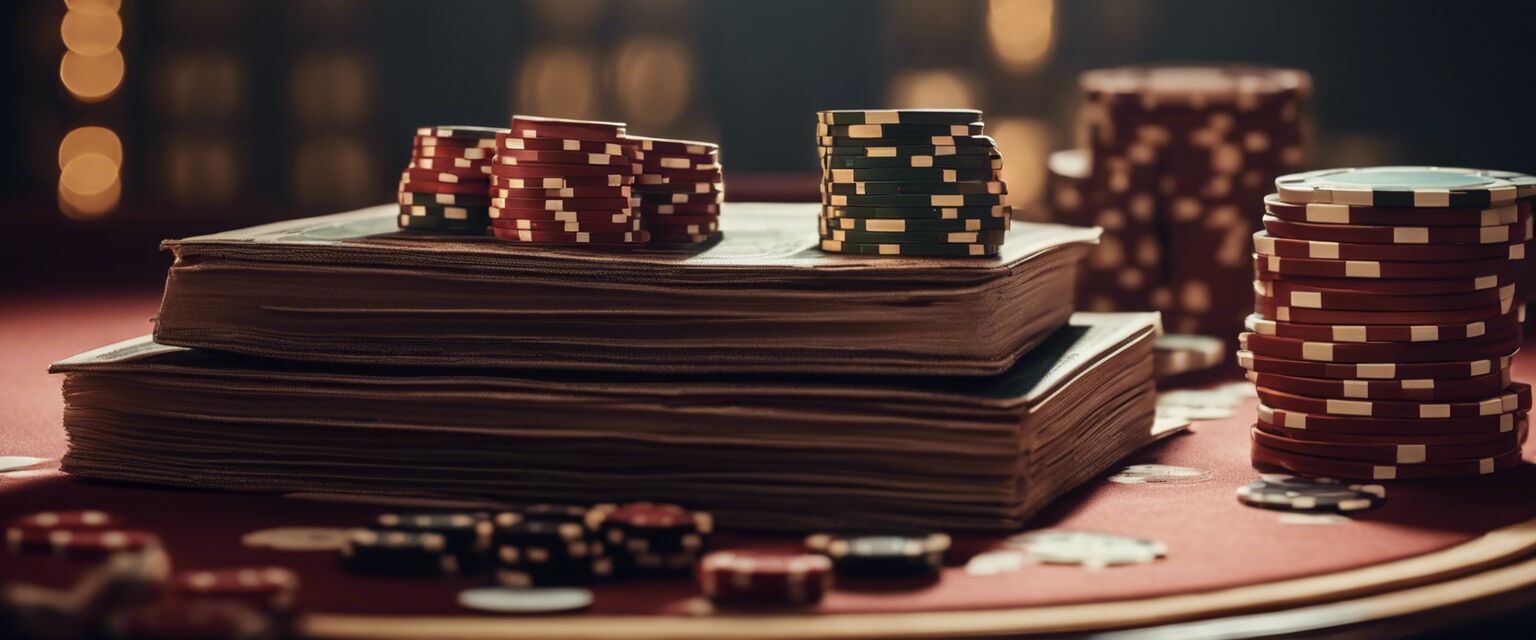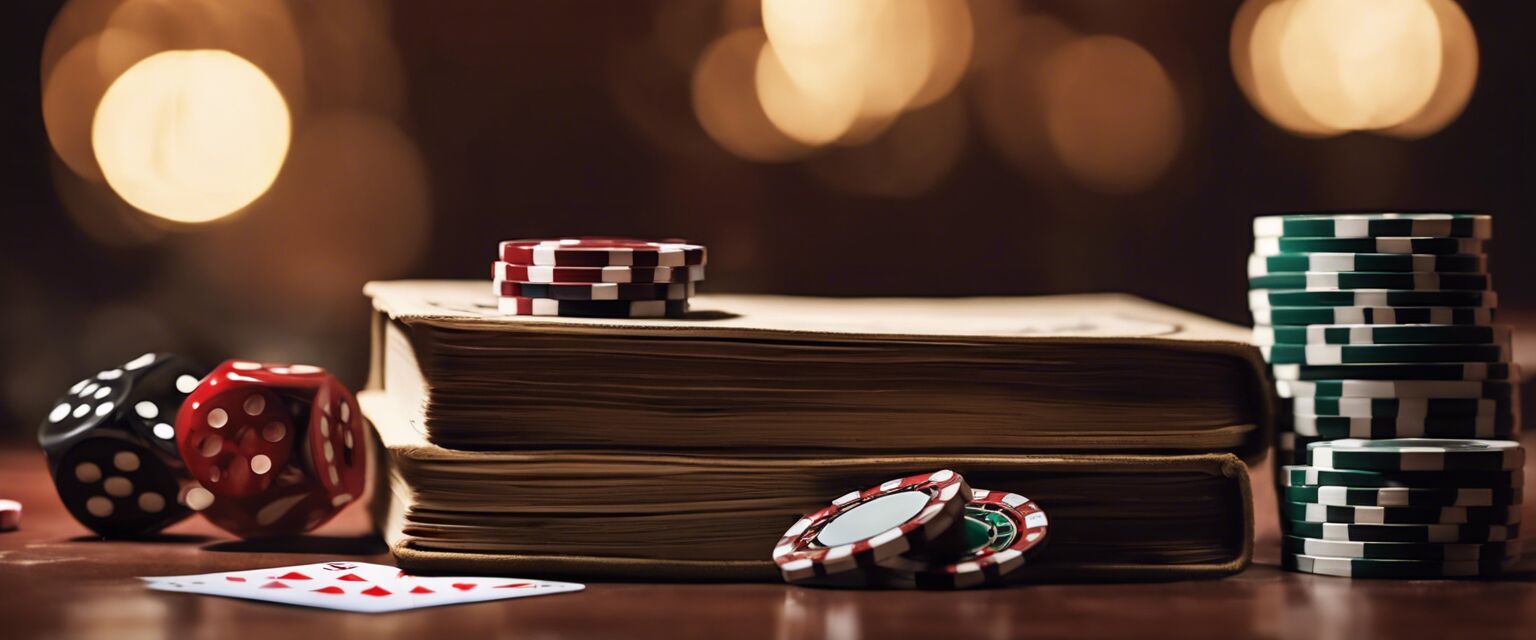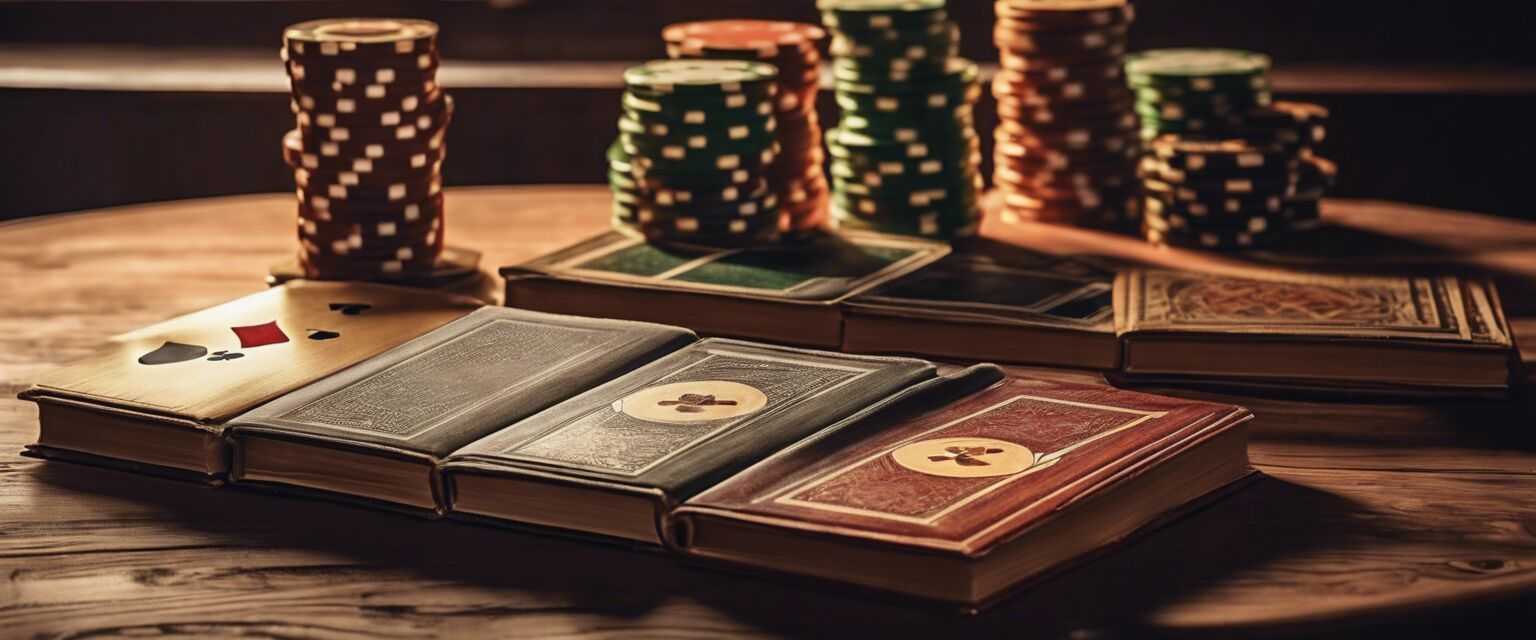The Book on Games of Chance: A 16th-Century Masterpiece on Probability
Key Takeaways:
- A 16th-century treatise on probability and games of chance
- Insights into the evolution of mathematical concepts
- A must-read for anyone interested in the history of probability
In the 16th century, the concept of probability was still in its infancy. Yet, a remarkable treatise on games of chance was penned by an anonymous author, shedding light on the complex relationships between luck, skill, and chance. This book, aptly titled "The Book on Games of Chance," is a gem for anyone fascinated by the intersection of mathematics, history, and entertainment.
About The Book on Games of Chance
| Feature | Description |
|---|---|
| Historical Significance | This treatise on games of chance provides a unique glimpse into the evolution of mathematical concepts in the 16th century. The author's insights into probability and chance shed light on the complex relationships between luck, skill, and chance. |
| Wide Range of Topics | The book covers a broad range of topics related to games of chance, including card games, dice games, and other forms of entertainment. The author's expert analysis of these games provides valuable insights for anyone interested in the history of probability. |
| Scholarly Approach | The book is written in a scholarly style, making it accessible to readers with a basic understanding of mathematical concepts. The author's use of examples and anecdotes helps to clarify complex ideas, making it an enjoyable read for anyone interested in the subject. |
The book is filled with intricate diagrams and mathematical equations that provide a detailed analysis of the games of chance.
- A comprehensive overview of the evolution of mathematical concepts in the 16th century
- In-depth analysis of card games, dice games, and other forms of entertainment
- A scholarly approach to the subject, making it accessible to readers with a basic understanding of mathematical concepts
This book is a must-read for anyone interested in the history of probability, mathematics, or games of chance. Its unique perspective on the subject provides valuable insights into the complex relationships between luck, skill, and chance.
Check Current PriceFinding the Good and the Not-So-Good
What Works Well
- Provides a unique perspective on the history of probability and games of chance
- Offers a comprehensive overview of the evolution of mathematical concepts in the 16th century
- Features in-depth analysis of card games, dice games, and other forms of entertainment
- Scholarly approach makes it accessible to readers with a basic understanding of mathematical concepts
- Filled with intricate diagrams and mathematical equations that provide a detailed analysis of the games of chance
Minor Flaws
- Some readers may find the writing style dry or academic
- A few examples and anecdotes could be more engaging
- A few readers may find the mathematical concepts too complex or dense
In conclusion, while this book may have some minor flaws, its unique perspective and comprehensive approach make it a valuable resource for anyone interested in the history of probability and games of chance. With its scholarly approach and detailed analysis, this book is sure to provide readers with a deeper understanding of the complex relationships between luck, skill, and chance.
Unlock the Secrets of Games of Chance: Tips for a Winning Read
Now that you've made it to the end of this review, you're probably eager to dive into "The Book on Games of Chance" and unlock its secrets. Here are some tips to help you get the most out of your read:
- Pay attention to the mathematical concepts and equations
